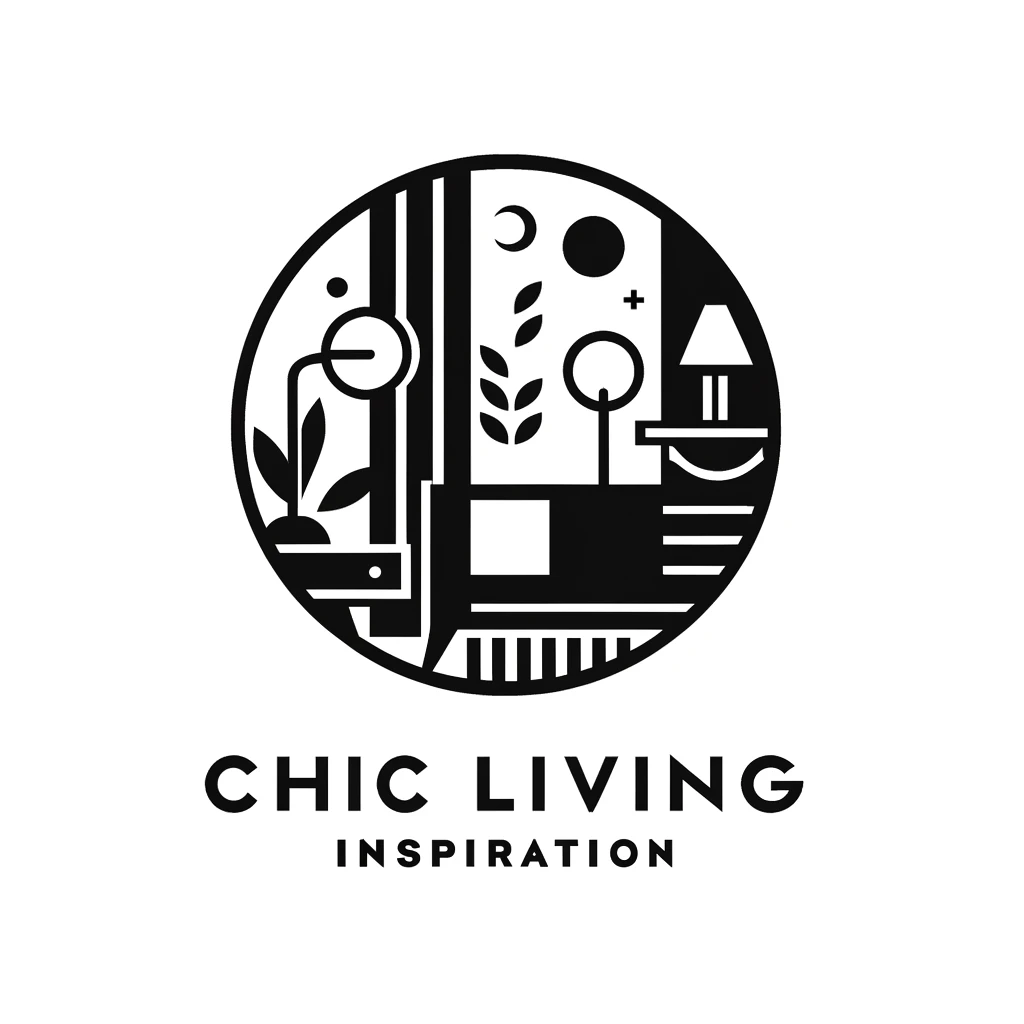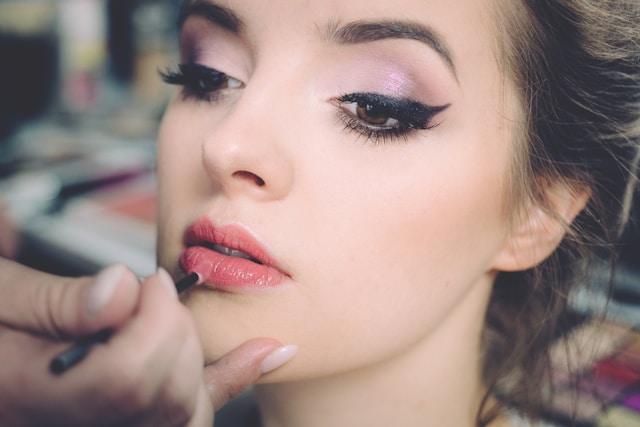One of the most significant trends in this intersection is the rise of “skinimalism,” a movement towards simplifying skincare routines by focusing on products that deliver multiple benefits. Skinimalism emphasizes the use of multifunctional products that combine skincare and cosmetic benefits, such as moisturisers with SPF, serums with anti-aging properties, and foundations that provide hydration and skin protection. This approach aligns with the growing preference for minimalist beauty routines that prioritise health and efficiency, reflecting a shift towards a more integrated view of beauty and wellness.
The incorporation of wellness ingredients into cosmetics is another key trend. Many beauty products now feature ingredients traditionally associated with health and wellness, such as antioxidants, vitamins, and natural extracts. For example, ingredients like vitamin C, hyaluronic acid, and green tea extract are celebrated not only for their aesthetic benefits but also for their ability to support skin health and resilience. This trend reflects an increased awareness of how the ingredients in cosmetics can contribute to overall well-being, offering both immediate and long-term benefits.
The concept of “beauty from within” is also gaining traction, with a focus on how internal health influences external appearance. Nutraceuticals, such as beauty supplements and functional foods, are becoming popular as part of a holistic approach to beauty. These products often contain vitamins, minerals, and other bioactive compounds that support skin health, hair growth, and overall vitality. By addressing beauty from a nutritional standpoint, this trend underscores the connection between what we consume and how it impacts our appearance.
Moreover, the integration of mindfulness and self-care practices into beauty routines is becoming increasingly popular. Many cosmetics brands are incorporating elements of mindfulness and relaxation into their products, such as soothing scents, calming textures, and ritualistic applications. The use of aromatherapy in skincare, for example, combines the benefits of fragrance with stress-relief properties, creating a sensory experience that promotes relaxation and mental well-being. This focus on the holistic experience of beauty reflects a broader understanding that self-care routines are not just about physical appearance but also about mental and emotional health.
The beauty industry is also addressing the need for products that support skin health in response to environmental stressors. Innovations such as pollution-fighting skincare and blue light protection reflect an awareness of the impact of external factors on overall well-being. Products designed to shield the skin from pollution, UV radiation, and digital stressors not only enhance appearance but also contribute to maintaining skin health in a challenging environment.
Additionally, the rise of clean beauty and ethical practices highlights a commitment to wellness that extends beyond the individual to encompass environmental and social responsibility. Clean beauty products, which avoid harmful chemicals and focus on transparency and safety, reflect a growing concern for both personal health and the health of the planet. This approach aligns with a holistic view of wellness that considers the broader impact of beauty products on both consumers and the environment.
In conclusion, the intersection of beauty and wellness represents a holistic approach to self-care that integrates physical, mental, and environmental health. Cosmetics are increasingly seen as tools that support overall well-being, from multifunctional skincare products to mindful beauty rituals. As the industry continues to evolve, the focus on combining aesthetic benefits with health-conscious practices will likely play a central role in shaping the future of beauty. Embracing this holistic perspective not only enhances our appearance but also supports a healthier, more balanced lifestyle.

